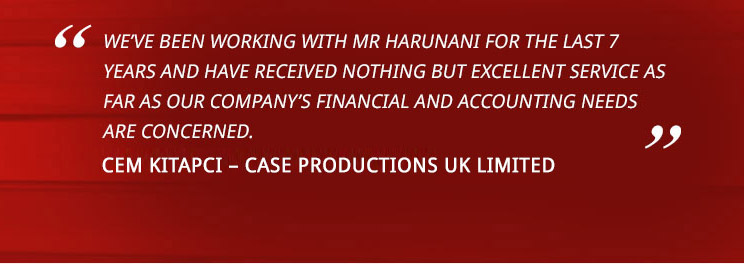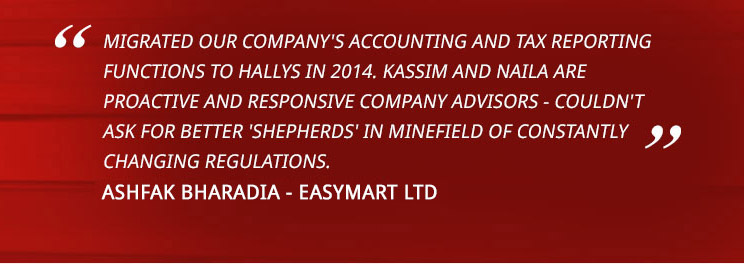Unsurprisingly, there were no changes to the rates and allowances for Income Tax purposes, VAT, Corporation Tax, Inheritance Tax and Capital Gains Tax. NIC charges for employees and the self-employed were eased and the Chancellor has bowed to lobbying by UK companies and has made the “full expensing” of main rate capital expenditure a permanent feature – it was due to end 31 March 2026.
NIC changes in more detail
For employees
The Chancellor saved changes to NIC until the end of his presentation and was his main tax give-a-way.
He reduced the Class 1 employees contribution rate from 12% to 10% and this will apply to deductions made from earnings from 6 January 2024. According to Treasury estimates this will save the average employee £450 a year in NIC deductions.
For the self-employed
Class 2 NIC contributions are to be abolished from 6 April 2024. This will save self-employed persons £3.45 per week based on rates for 2023-24. The benefits secured by Class 2 contributions (entitlement to the State Pension for example) will continue to be provided.
Class 4 NIC contributions are being reduced by 1%, from 9% to 8% on earnings between £12,570 and £50,270; again, this change is being made from 6 April 2024.
Company capital allowances
In the last budget the Chancellor introduced the concept of “full expensing”. Roughly translated, this means that companies (not the self-employed) can write-off all capital expenditure on qualifying main rate expenditure against their taxable profits in the year of purchase. The aim was to encourage business investment.
Main rate expenditure covers the majority of capital purchases such as commercial vehicles, plant, and office equipment.
This allowance was due to end 31 March 2026.
However, larger concerns, with more lobbying clout, liked this new relief and will be pleased that the Chancellor has made this a permanent feature of the corporate tax regime.
Business R&D tax relief
The existing R&D Expenditure Credit and Small and Medium Enterprise Schemes will be merged from April 2024. The aim is the simplification of the system and boosting innovation in the UK.
Business rates relief
The Chancellor announced a business rates support package over the next 5 years. This included a rollover of 75% Retail, Hospitality and Leisure relief and a freeze to the small business multiplier, which will protect around 90% of ratepayers for a fourth consecutive year.
Alcohol Duties
And finally, it was announced that there will be no increases in the duty rates on beer, cider, wines and spirits until 1 August 2024.
Watch this space
2024 will be a General Election year. Which means our government will be keen to spread some good news prior to announcing a date, projected to be in May or October 2024.
All eyes in the financial sectors are turning towards the Spring Budget (usually March) 2024, to see what is to be offered. The economic forecasts are still far from bullish and real earnings, discounted for the effects of inflation, are likely to continue to fall next year.















